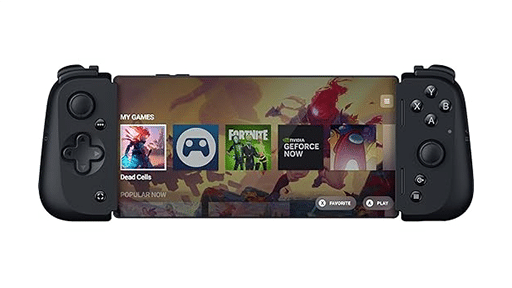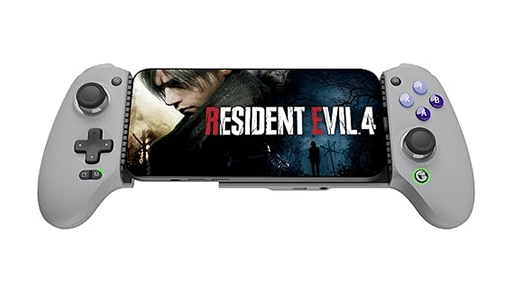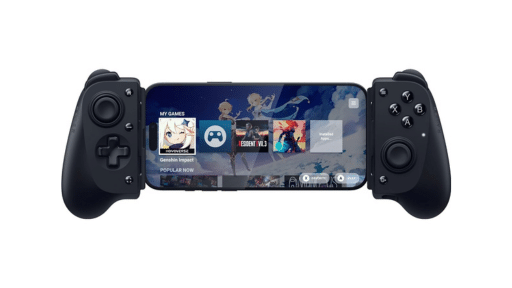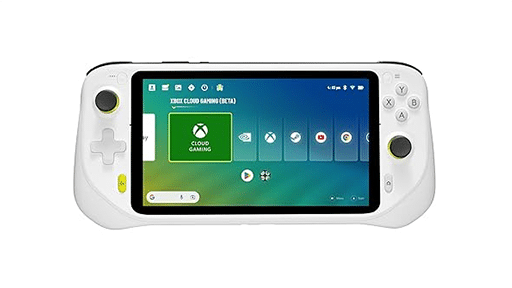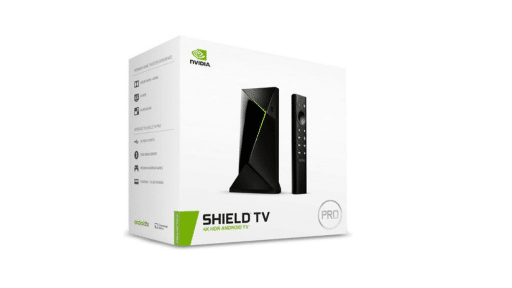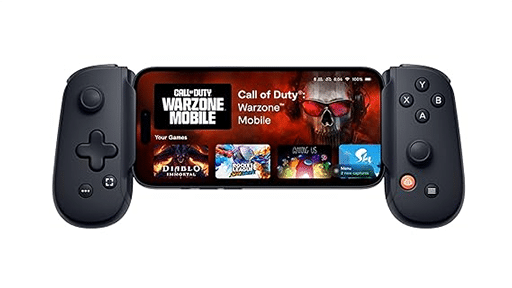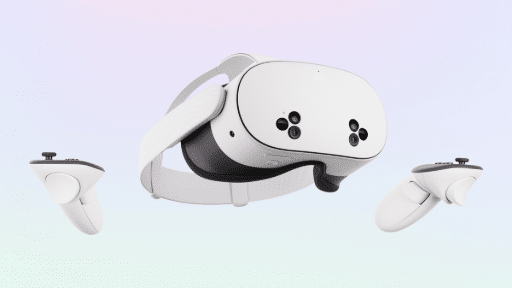
I tried to play every single Assassin’s Creed game up to Unity, including the original. I understand they all have their strengths, that the different settings appeal to different people, and that even the gameplay can change across titles. I even tried Valhalla when it first released and couldn’t find the motivation to spend more than a couple of hours with it. I always wanted to like Assassins Creed, but the gameplay never clicked for me.
I was going through my Stadia library recently and saw that I had purchased Unity on sale sometime last year. I remember that it was something like 70% off and I thought “what the heck, for that price, it will be nice just having it” – so, I bought it. I played it on my laptop and remembered, once again, that I didn’t like these games.
When I saw it again sitting in the back of my Stadia library, I figured I would try the game on mobile just to see what it played like. As I was goofing around, I accidentally turned the UI off by holding the R3 button in. I couldn’t tell I was pressing it because I was playing with touch controls. When the UI turned off, I got the in-game notification that I could toggle the UI on and off by holding the right analog stick in. My jaw dropped. I had always hated the UI on Ubisoft games. I always wished they weren’t there. I just assumed I was stuck with them. As I picked my jaw up off the floor, I took a minute to rotate the camera and soak in the world as it truly was. No maps, health bars, or button guides. Just the assassin on the screen and the world in front of him. It actually made me appreciate the captivating city of Paris that the game took place in. One simple toggle changed my view of the game.
It wasn’t just the UI being gone though. The Assassin’s Creed games tend to have a slower pace of play than many other modern action games. Things can speed up when you’re in combat, but otherwise, navigating the world can be a slog, especially when it comes to finding collectibles. I don’t count that as something negative, as lots of people enjoy that pace of play (obviously, look how well the series has sold). But for me, when I sit down to play a console game, I want something that grabs my attention more immediately. Now that I was playing on mobile, I didn’t want to be in combat. Playing with the touch controls, I actually found the navigation to be far more thrilling and challenging. I opened up the map and set location markers for all the chests and cockades hidden around the city and began to collect them one by one. On console, this would bore the snot out of me. On mobile, it was strangely addicting.
Ubisoft has a sort of template that they build into most of their games. They have sprawling open worlds, RPG or loot mechanics, and a map absolutely littered with collectibles and quests. After I had played for an hour on my phone, I later opened the game on my PC. The area I had been playing in now had a far less cluttered map, containing only a couple of quests and a fast travel icon. I breathed out a sigh I didn’t know I was holding. The game finally felt digestible. The activities finally felt achievable. The program was written. I would find the collectibles on my mobile when I was away from home, and then I would do story missions once I finally got back to my PC. It was Stadia that made this revelation possible, and makes the game playable for me.
Stadia’s unique flexibility with all of its different control options gives lifelong gamers a new perspective on how they enjoy their video games. Those that struggle with analog sticks on their shooters can now use mouse and keyboard without having to buy a $1500 rig. Mobile gamers can experience side-scrollers with a proper d-pad. Dedicated gamers can now enjoy a modern Final Fantasy, with no compromises, on the go. PC gamers can finally play multiplayer games without the fear of dealing with hackers. Stadia is changing the way we enjoy all of our games, and its an amazing thing to experience first-hand.
It makes me wonder what other games might deserve a second look now that this wide variety of touchscreen, controller and keyboard+mouse controls are available. It’s a new world of possibility that the gaming world hasn’t really seen before.
I hope you enjoyed my second opinion piece here on Stadia Dosage. Make sure to check out my thoughts on Microsoft’s planned acquisition of Activision and what it means for cloud gaming as well!

